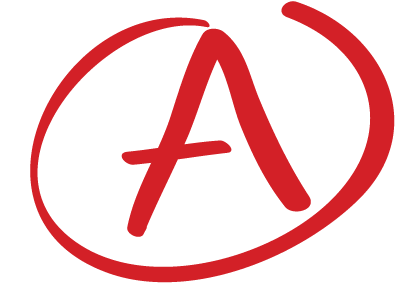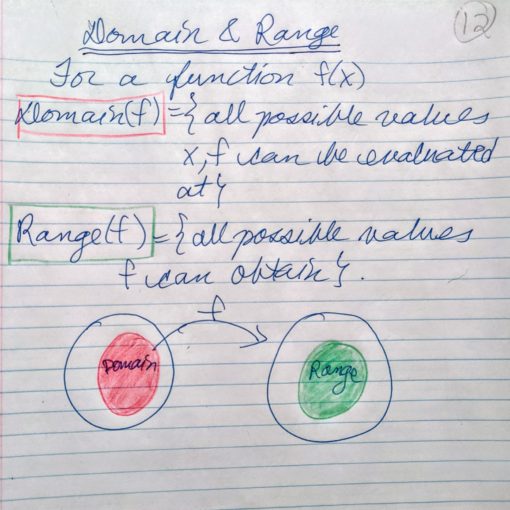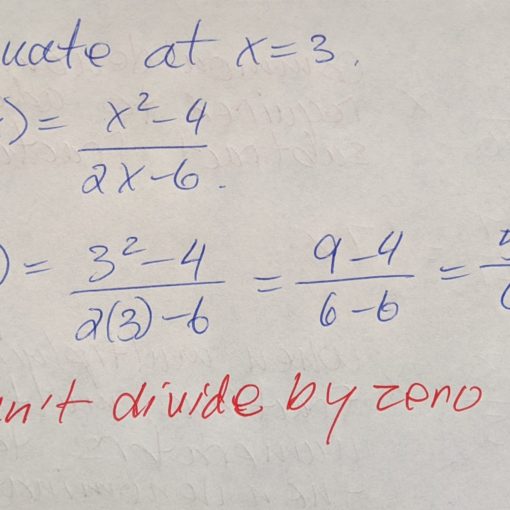So, there is a new math curriculum for elementary school students here in Ontario. What does it include:
More understanding of money; computer programming skills, with the idea of improving problem solving skills and greater technology capabilities; practical examples connecting math to every day life; focus on math fundamentals which include learning and recalling number facts, [1] and memorizing the 12 times table. [2] Below are comments from an Ottawa, Ontario parent on the new Ontario math curriculum.
“OK, I have mixed feelings about some of this. It sounds like they are going back to some older ways of teaching basic arithmetic. I admit, I think some of that was good! I don’t know if that will help reverse the slide of math standardized tests or not, but the slide does seem possibly linked to some changes in the last curriculum update. The addition of financial education seems worthwhile, although not many grade 8s are thinking compound interest on an upcoming loan! And their real-world examples used in it – they include things like “how to send an e-transfer”, or “how to use a loyalty system” – which do not seem to be teaching math! I’m also not really sure that adding even more like coding on top is helpful. I’m not sure what you can teach a grade one in that realm. And if they keep adding more, doesn’t that leave less time for the core task which is to teach mathematical literacy?
The change to how they will report marks in the report cards seems to be diminishing the available data that helps isolate where a curriculum might be failing, or help pinpoint where a student might need extra work.
And they are going to write new texbooks, prepare new lesson plans, teach the math teachers this new curriculum, and get this implemented over this summer during a pandemic!” ~ Ottawa parent
Some components of the Ontario math curriculum
Let’s have a look at the new components to the math curriculum:
More understanding of money;
Practical examples of mathematics in everyday life for an elementary school students are pretty limited especially when it comes to finances. How much does a person in grade 1 earn? Where do they get money from? Are they investing in RRSPs? Saving for a down payment for a house? I’m a little confused how you relate some of these ideas to everyday life for a person between the ages of 6-13?
computer programming skills, with the idea of improving problem solving skills and greater technology capabilities;
Problem solving skills are certainly something that everyone can continue developing, not just elementary school students. What is the biggest problem a student in grades 1-8 face? When they can meet up with friends? Getting the latest shoes?
practical examples connecting math to every day life;
Finding a way to get the latest shoes is a practical every day life problem for someone in grade 7 or 8 and it involves money and finances.
focus on math fundamentals which include learning and recalling number facts, [1]
and memorizing the 12 times table.
Aren’t number facts and times tables fundamental before being able to program, understand money and finances and more?
Perhaps learning to use Quickbooks incorporates finances, technology and problem solving. But does it include math fundamentals and the 12 times table? In general, the motivation for the new curriculum seems to be coming from a good place. It will be interesting to see how this new curriculum evolves and then is implemented.
More recently the school boards have been working on the logistics of school education once September starts. Will it be all virtual; all in class; a combination of virtual learning and classroom learning, who knows. That will also be interesting.
References
- Ontario Introduces New Math Curriculum for Elementary Students, June 23, 2020, Ontario.ca, URL: https://news.ontario.ca/opo/en/2020/06/ontario-introduces-new-math-curriculum-for-elementary-students
- Ontario unveils updated elementary math curriculum, Caroline Alphonso, June 23, 2020, Globe and Mail, URL: https://www.theglobeandmail.com/canada/article-ontario-unveils-updated-elementary-math-curriculum/




